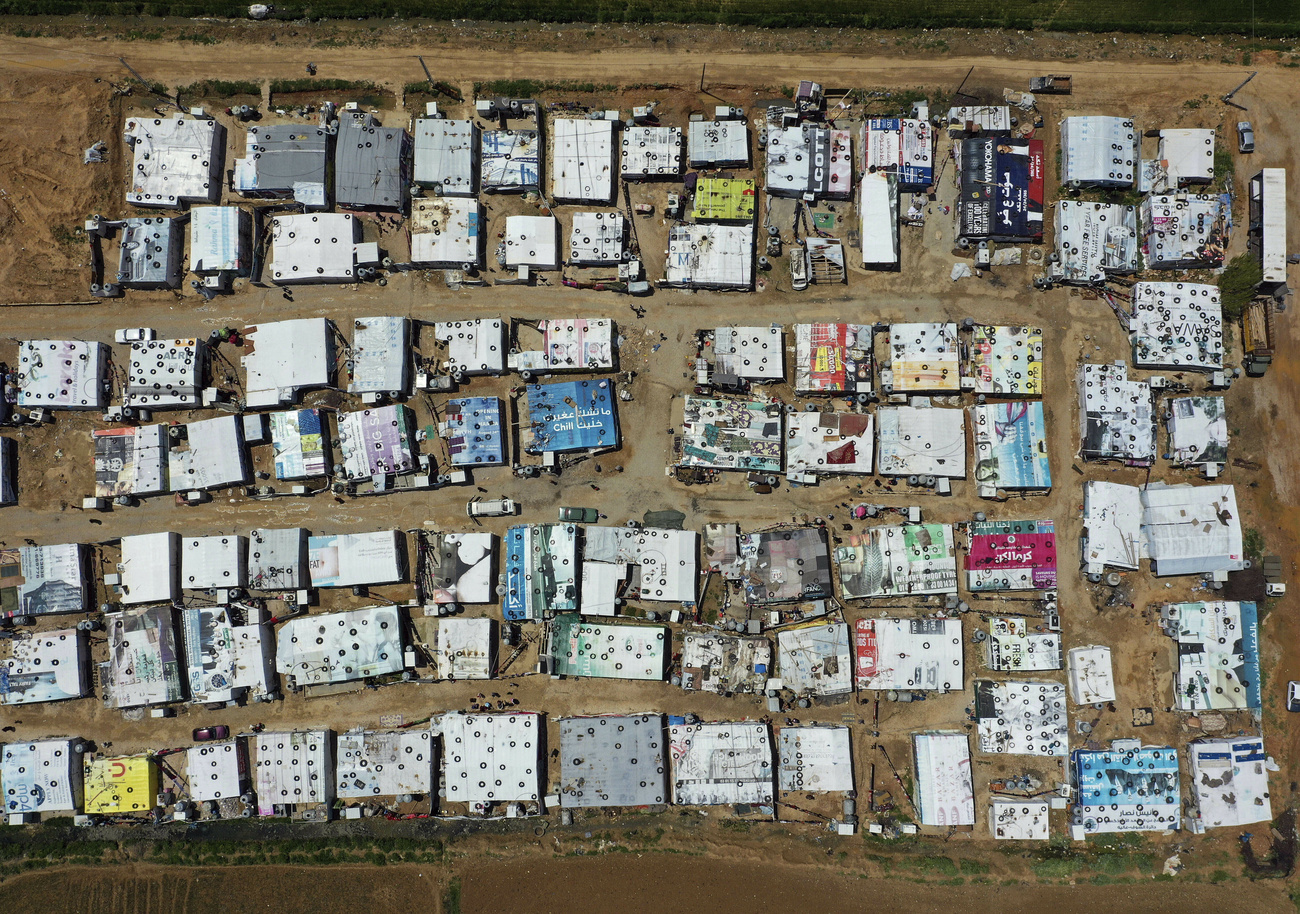
50,000 private beds for Ukrainian refugees go unused

About 24,000 Swiss people offered to provide housing for Ukrainian refugees after Russia invaded Ukraine. The private hosts could accommodate 57,000 people but most of the rooms, apartments and houses are still empty, according to the Swiss NGO Campax.
Campax, which works together with the Swiss Refugee Council on behalf of the federal government, has only placed 4,500 refugees to date, according to the German-language weekly SonntagsZeitung. That leaves 52,500 beds empty.
So far, roughly half of the more than 50,000 Ukrainian refugees in Switzerland have found private accommodation. The remainder reside in public facilities such as federal asylum centers, civil defense facilities and former army barracks.
Campax and the Swiss Refugee Council can only place Ukrainians with private hosts if the canton concerned allows it. But many cantons do not seem keen to have a high percentage of war refugees in private accommodation.
Some refuse to cooperate with Campax on principle. Others wanted to “first use their accommodation, which they have now created at great expense”, says Gaby Szöllösy, secretary general of Conference of Cantonal Directors of Social Affairs.
In addition, many authorities fear that accommodation with private individuals could lead to problems in the long run and prove expensive. Disappointed that Campax often fails as an intermediary, several would-be hosts have taken to social media to vent their frustration.
Millions displaced
The United Nations estimates more than 14 million people have fled their homes since Russia’s invasion of Ukraine. More than six million went to neighbouring countries (Poland, Moldova and Hungary). Another eight million are displaced within the war-torn nation.
In March, Switzerland introduced a special temporary S Permit giving refugees in the Alpine nation the right to live and work for a year. Individuals who were legally living in Ukraine and unable to return to their home countries for safety reasons are also eligible.

In compliance with the JTI standards
More: SWI swissinfo.ch certified by the Journalism Trust Initiative































You can find an overview of ongoing debates with our journalists here . Please join us!
If you want to start a conversation about a topic raised in this article or want to report factual errors, email us at english@swissinfo.ch.